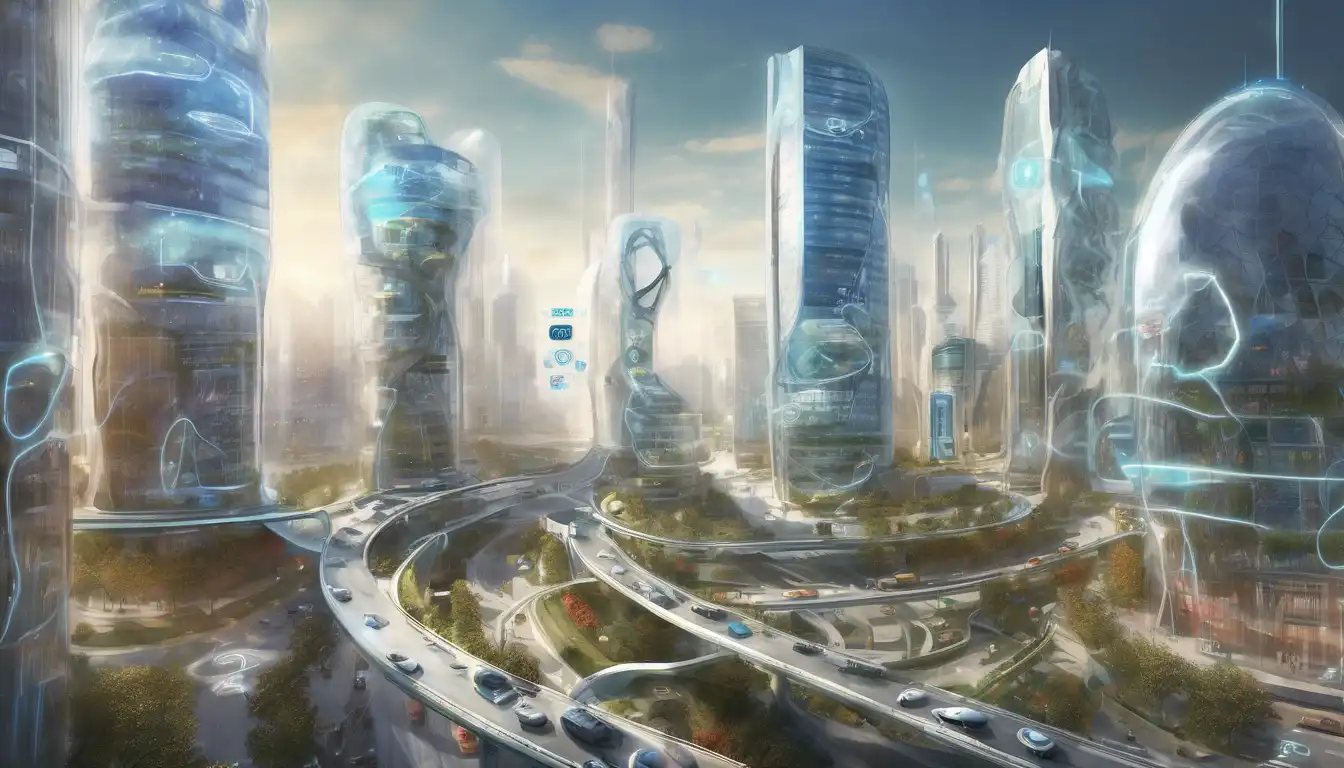The Role of IoT in Shaping Smart Cities
The Internet of Things (IoT) is revolutionizing the way we live, work, and interact with our urban environments. By connecting devices, sensors, and systems across cities, IoT is paving the way for smarter, more efficient urban spaces. This article delves into the future of IoT in smart cities, exploring its potential to transform urban living.
Understanding IoT and Smart Cities
At its core, IoT refers to the network of physical objects embedded with sensors, software, and other technologies to connect and exchange data with other devices and systems over the internet. Smart cities leverage these IoT technologies to enhance the quality of life for their residents, improve sustainability, and streamline urban services.
Key Benefits of IoT in Smart Cities
- Enhanced Efficiency: IoT enables cities to optimize resources, reduce waste, and improve service delivery through real-time data collection and analysis.
- Improved Sustainability: By monitoring environmental conditions, IoT helps cities reduce their carbon footprint and promote green initiatives.
- Increased Safety: IoT applications in surveillance and emergency response systems contribute to safer urban environments.
- Better Transportation: Smart traffic management systems reduce congestion and improve public transportation networks.
Challenges and Considerations
Despite its benefits, the integration of IoT into smart cities is not without challenges. Issues such as data privacy, security vulnerabilities, and the digital divide must be addressed to ensure equitable and secure urban development.
The Future Outlook
The future of IoT in smart cities is bright, with advancements in technology continuing to unlock new possibilities. From autonomous vehicles to smart grids, the potential for innovation is limitless. As cities around the world embrace IoT, the vision of fully integrated, intelligent urban ecosystems becomes increasingly attainable.
For more insights into how technology is transforming urban landscapes, check out our article on The Role of AI in Urban Planning.
Conclusion
The integration of IoT into smart cities represents a significant leap forward in urban development. By harnessing the power of connected technologies, cities can become more livable, sustainable, and efficient. However, realizing this vision requires careful planning, collaboration, and a commitment to addressing the challenges that lie ahead.
